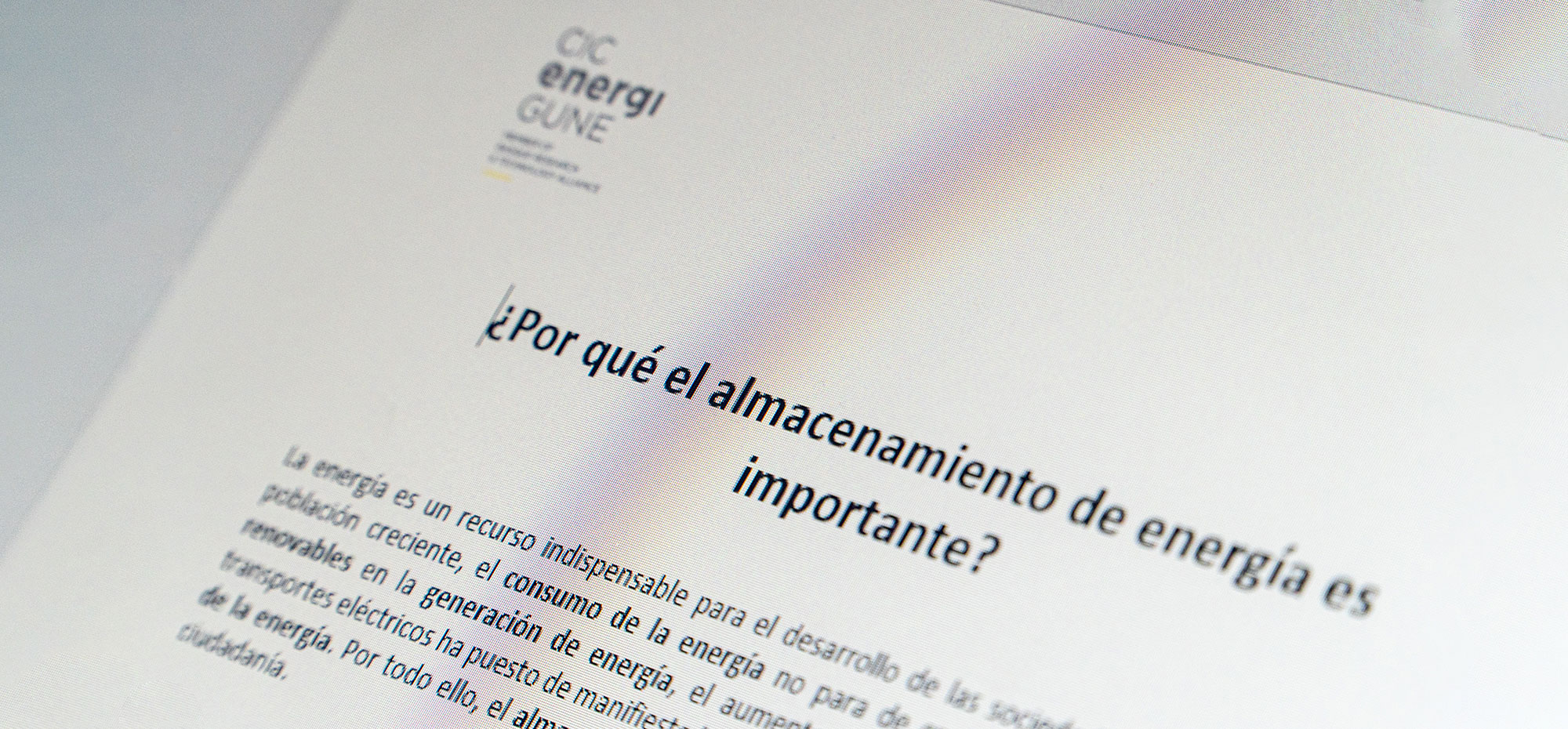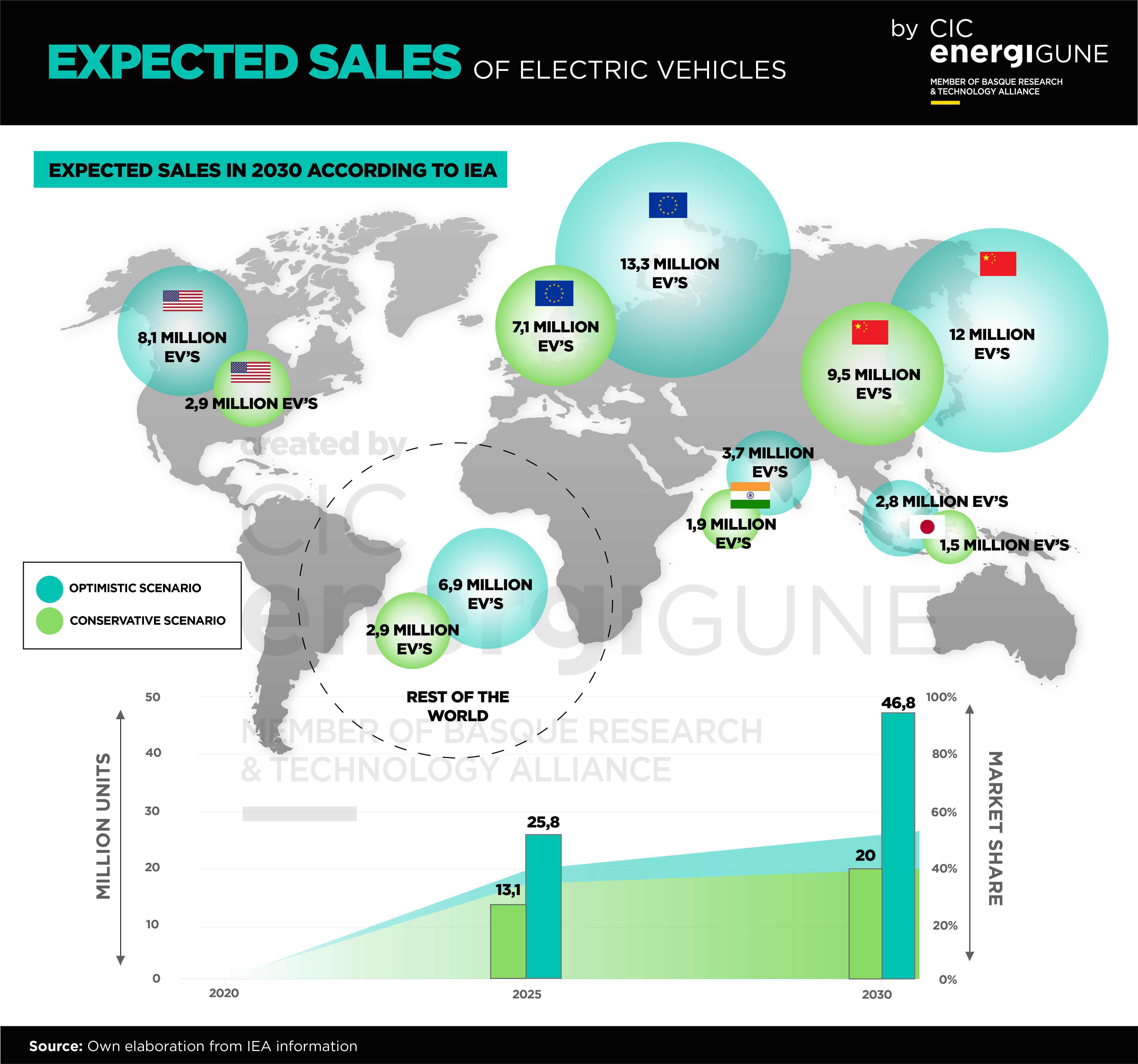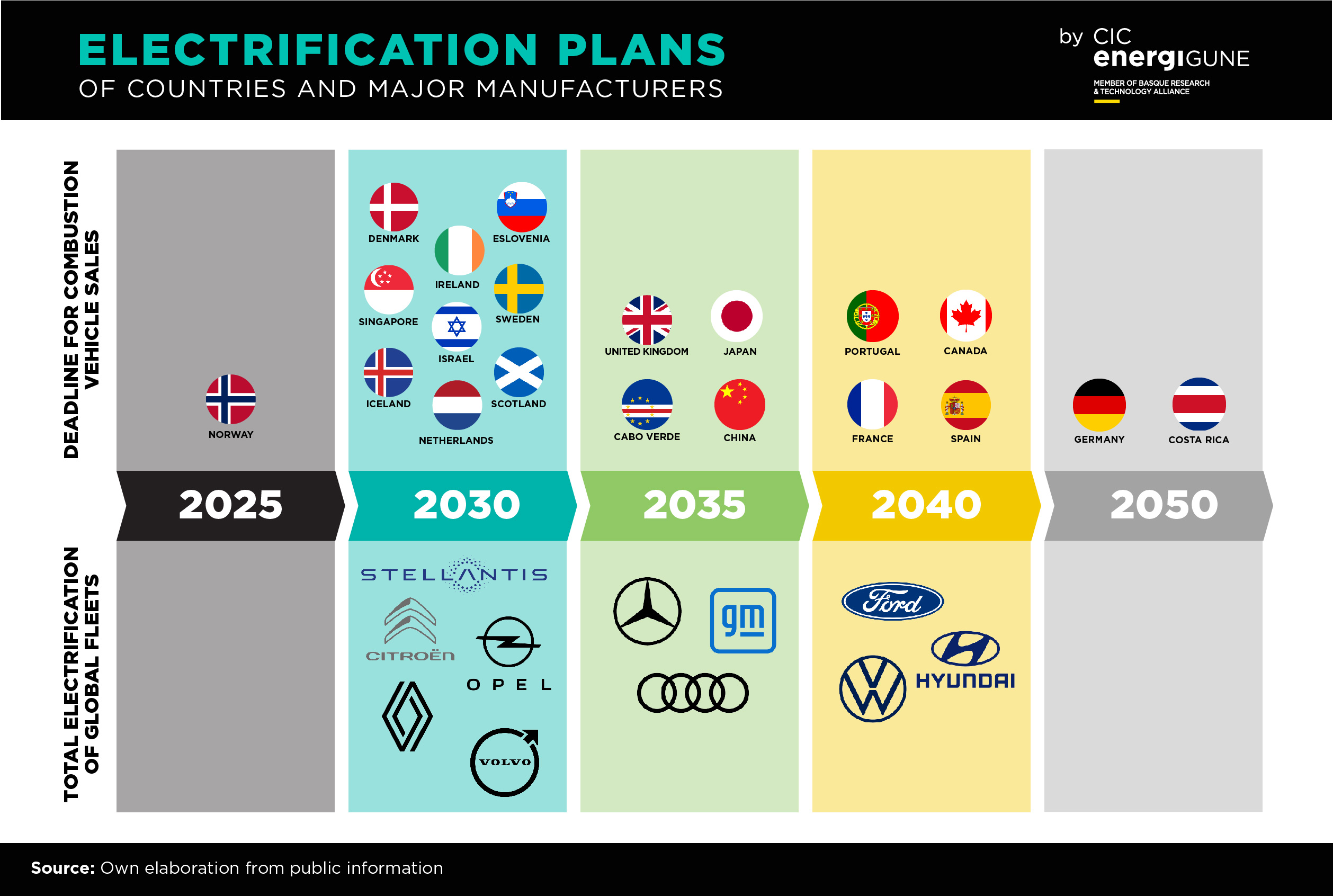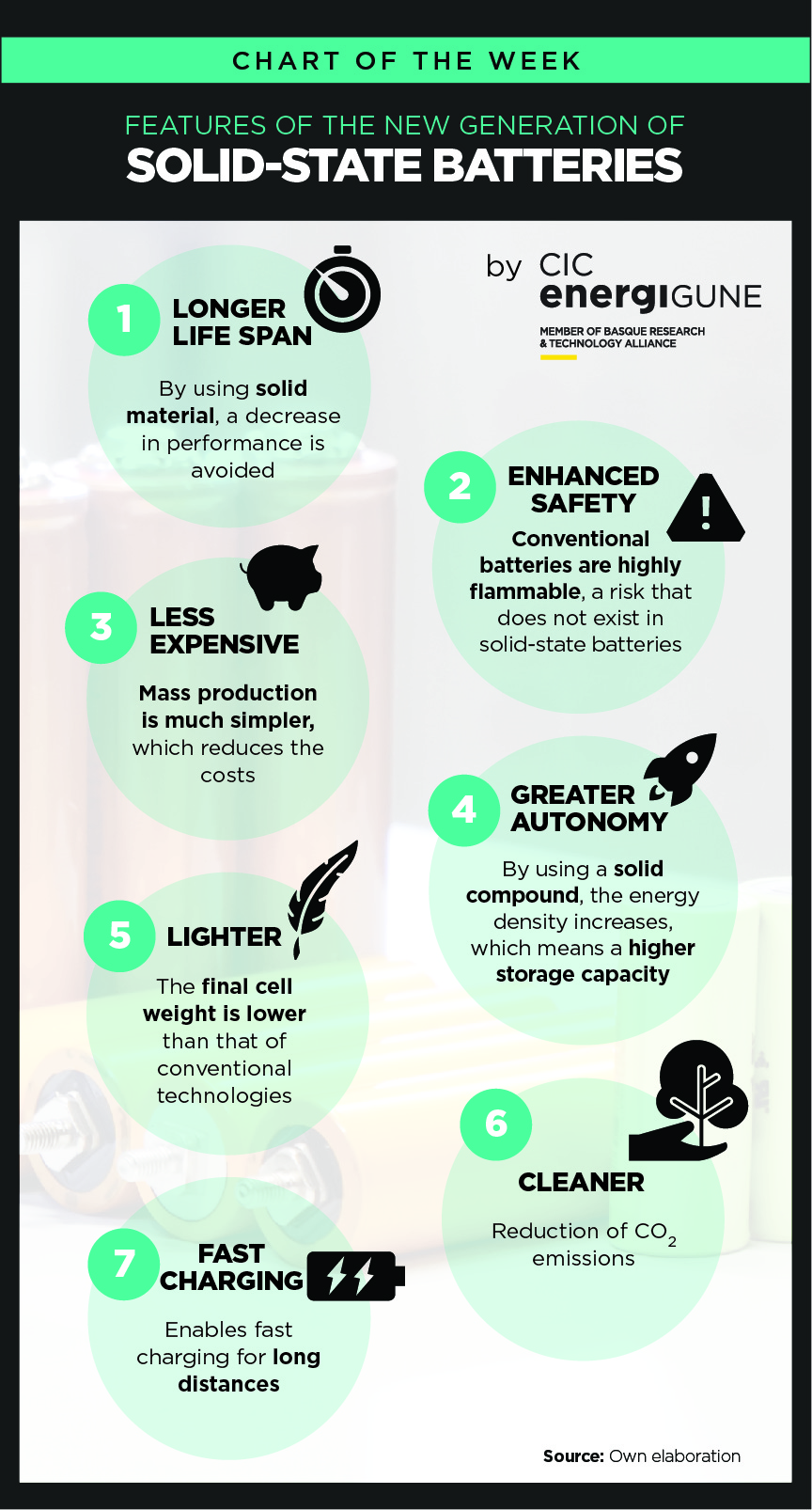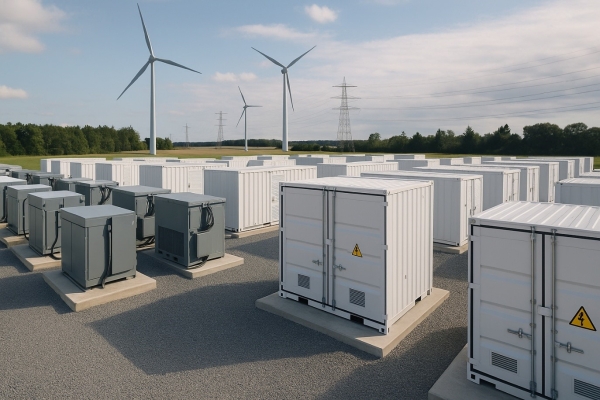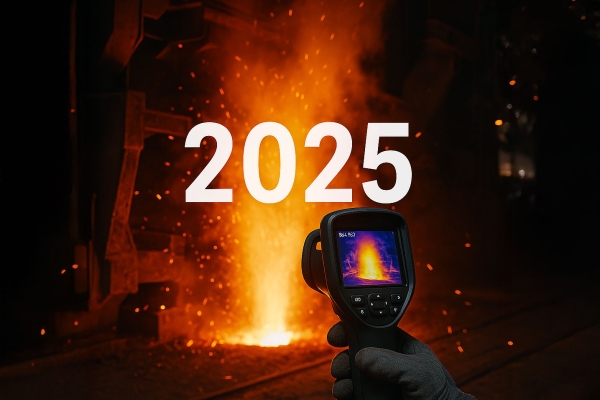The big fleet electrification
Due to this scenario, the major manufacturers have gone further in their electric vehicle launch programs, announcing, in almost all cases, ambitious plans for the total electrification of their fleets. In doing so, they are seeking to respond to the needs and demands expected from a market that is expected to exceed 320 million units in sales by 2040.
One of the most ambitious groups in this regard is the Stellantis Group, which has already announced its intention to sell only electric vehicles (at least in Europe) by 2030. This is the goal with at least two of its main brands, Citroën (which will start selling only electric cars from 2030) and Opel (which will do so even earlier, in 2028).
Another major player, Renault, has also recently joined this commitment. Its CEO, Luca de Meo, announced last January the company´s intention to sell only electric cars from 2030.
The third major brand that wants to match the end of this decade with the end of its combustion fleets is Volvo. The Swedish automotive jewel announced last year their goal of selling only electric vehicles from 2030 onwards, in order to lead the premium vehicle segment.
With somewhat more distant expectations, other companies have also announced their own deadlines for achieving full electrification of their fleets. This is the case of Mercedes (which will do so from 2035), Audi (also with a target date of 2035) or General Motors (also for the middle of the next decade).
Finally, another group of large companies have opted to delay this target until 2040. Such are the cases of Ford (although it does expect to achieve this goal in Europe by 2030), Volkswagen and Hyundai.
It should be noted that, within this wave of announcements, there is still some discordant voices that still do not dare to set a clear date for the electrification of their fleet. We are talking about BMW, which has already shown its doubts about the feasibility of the disappearance of the combustion engine in the second part of the next decade.
Solid-state batteries, essential for the feasibility of these plans
As we said before, together with the new regulations approved, the main reason for these great prospects for electromobility is due to the technological leap expected in the battery industry, which give "meaning" to the electric vehicle.
Specifically, the major breakthrough expected in the sector revolves around solid-state batteries, capable of meeting the needs and requirements of the automotive industry. Above all, thanks to four indispensable elements that represent a "revolution" compared to previous generations:
- Firstly, their high energy density allows them to offer greater autonomy in terms of kilometers, putting the capacity of an electric vehicle at the same level as that offered by a conventional vehicle´s fuel tank.
- On the other hand, their fast-charging capacity allows them to be recharged in the same time as traditional cars, which eliminates an advantage that conventional vehicles have had over electric vehicles up to now.
- To all this must be added safety, being a new technology that does not present failures or risks that endanger users, as could potentially occur with previous generations.
- Finally, its associated cost, which will allow access to this kind of vehicle to all types of consumers and incomes, thus reinforcing its definitive deployment.

